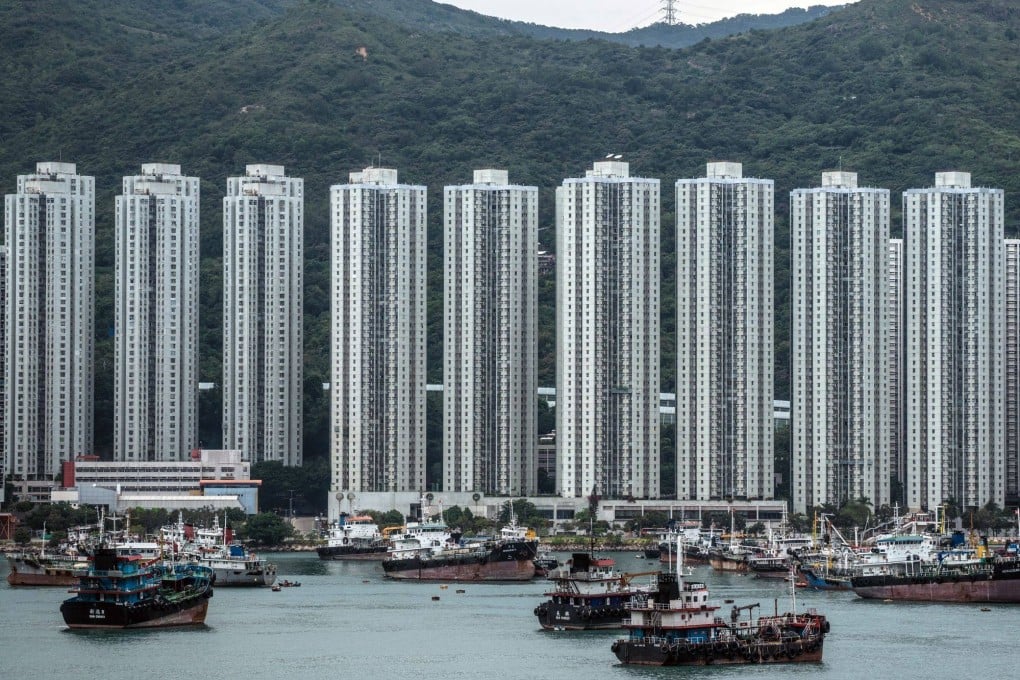Opinion | The Hong Kong government must break its habit of relying on property developers
- Hong Kong has a long history of public-private partnerships to speed up development, with land premiums and stamp duty major sources of government revenue
- But the government must rethink the balance or it will never break the property hegemony nor free Hongkongers from the yoke of high land prices

The government stuck to its guns despite ratcheting up a cumulative financial deficit of HK$183.2 billion (US$23 billion) at the end of last year. Since 2019, the government, Urban Renewal Authority and MTR Corporation have withdrawn at least eight plots of land from public sale.
The government can be forgiven for shoring up land prices while sparing no effort to produce developed land. Land is Hong Kong’s most valuable commodity and land revenue a major source of revenue. But can the government wean itself off its reliance on land revenue and collaboration with the property sector to speed up development?
Also, premiums from public land sales and lease modifications, land exchanges and extensions have buoyed government receipts significantly. In 2018, when the government registered a record fiscal surplus of HK$148.9 billion, land premiums of HK$164.8 billion accounted for 26.6 per cent of total revenue. Even in the 2022-23 financial year, in which a hefty deficit is expected, land premiums are estimated to constitute 16.7 per cent of total revenue.
